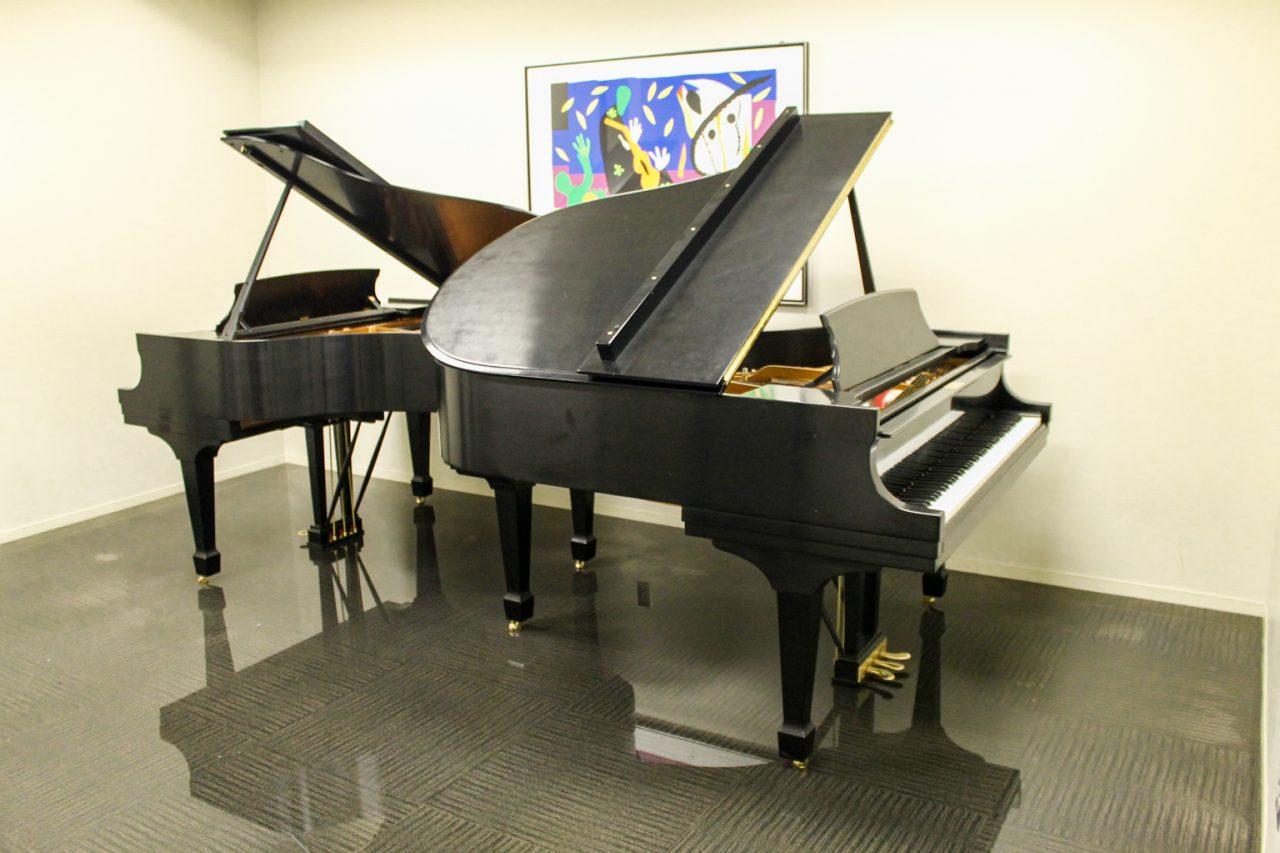Photo by Oliver Chapin-Eiserloh
“Musical instruments and water don’t go well together.”
When Carl Leafstedt, professor of music, said this, he wasn’t talking about experimental underwater music. He was talking about the water main break that caused the basement level of the Dicke Art and Smith Music Building to flood Wednesday morning.
Just before 9 a.m., nearly two inches of water filled the practice rooms and halls in the lowest level of the building.
Jim Baker, director of Facilities Services, did not respond by the time of publication; however, Tess Coody-Anders, vice president for Strategic Communications and Marketing, relayed Baker’s description to her of what happened.
“The Facilities team was repairing a leak in front of the Coates Student Center (CSC), and in the process of repairing that leak, they encountered a secondary line. That problem resulted in water flooding the Dicke-Smith Building’s basement,” Coody-Anders said.
According to Coody-Anders, Facilities Services cut off the water in Northrup Hall, Coates Student Center and Dicke-Smith while both lines were fixed.
“They did stop all the leak, and they turned the water back on,” Coody-Anders said. “They said it was less than an hour. To be honest, I don’t know, but they said the water was off for an hour.”
Though Facilities Services turned the water off, the basement level of Dicke-Smith was left with more than an inch of water throughout its practice rooms, touching the legs of the famous pianos that make Trinity an all-Steinway campus.
Senior Faith Broddrick, a music composition major, was one of the first people on the scene. When she walked in to Dicke-Smith earlier than usual to compose, she found water spewing from an electrical outlet at the entrance of the practice room hallway.
“I don’t know about electricity and water, but something tells me that’s not supposed to happen,” Broddrick said. “I’m not a scientist. I’m a music major.”
Broddrick explained that she noticed the water and went to alert someone of the flooding. By the time she went back to the stairwell, the puddle had grown to more than an inch high.
Though instruments in the practice rooms came in contact with water, Leafstedt explained it is too soon to determine the extent of the damage. Instruments included multiple Steinway pianos, a harp and a pipe organ.
“The good news is that the pianos didn’t get wet above their toes, above the metal casters. The uncertain thing going forward is that, given the carpet is soaked now, given wet conditions and the risk of mold, if it’s not dealt with properly, longer term maintenance issues are likely to surface quickly. It’s hard for us to say,” Leafstedt said.
According to Leafstedt, the harp should be fine, but it is too soon to tell how much of the organ the flooding affected.
Despite the well-being of the instruments, the department will struggle with resolving the issue of where and when students can practice.
“I’m a music major, so I spend a lot of time in the practice rooms, but with this flood, I am not really able,” said junior music education major Selena Davila. “I believe they’re opening up a lot of the [second floor] rooms to students when there’s not class in session.”
Additionally, there has been talk of opening up the rooms in the lower level of Laurie Auditorium, according to Broddrick.
For now, trash cans with signs warning students to stay out guard the entrances to the practice room hall. Blackmon Mooring, an outside contractor, assisted staff members of Trinity’s Physical Plant in water remediation and damage repair.
The univeristy plans to pay to fix the damages with money set aside in the Facilties Services budget for operational repairs. The exact cost has not yet been determined.













